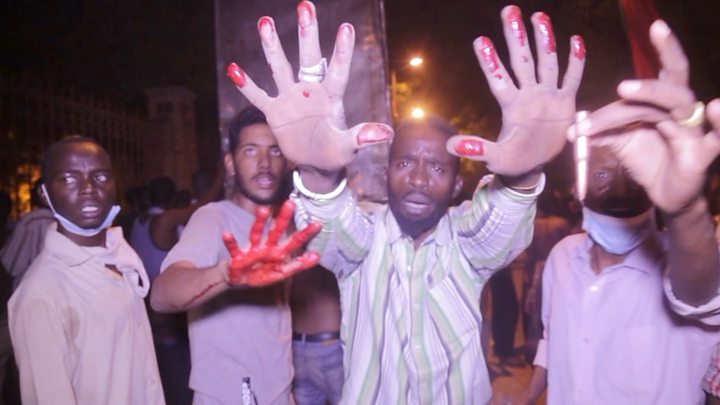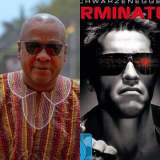At a joint news conference, Lt Gen Yasser al-Atta said a final agreement on power sharing would be signed with the opposition alliance – the Declaration of Freedom and Change Forces (DFCF) – within 24 hours. That would include the forming of a sovereign council which will rule the country until elections.
“We vow to our people that the agreement will be completed fully within 24 hours in a way that meets the people’s aspirations,” he said.
Gen Atta said the DFCF would have two-thirds of the seats on a 300-member transitional legislative council while the rest would be taken by parties not part of the alliance.
Earlier, protest movement spokesman Taha Osman said the sides had agreed on the structure of future authorities – a sovereign council, a cabinet and a legislative body.
DFCF member Satea al-Hajj expressed optimism that the final details on power-sharing would be agreed, adding: “The viewpoints are close and, God willing, we will reach an agreement soon.”
The military had originally wanted a two-year transition period while protest leaders had sought four years.
Sadiq Yousuf, a member of the DFCF negotiating team, told the BBC Newsday programme that the composition of the 11-member supreme council was still being discussed.
“The issue has been on the number of members of the supreme council. We want eight civilians, three from the military, but they want seven military and four members.”
How did we get here?
In December, demonstrators took to the streets over a government decision to triple the price of bread. The protests soon grew into widespread anger against the president’s 30-year rule.
Five weeks into the protests, on 17 January, witnesses said state forces fired live ammunition at protesters and killed a doctor.

He had been treating injured protesters in his home in Khartoum when police reportedly fired tear gas into the building.
He was one of dozens of people killed during the anti-government unrest.
As anger mounted, protesters staged a sit-in from 6 April outside military headquarters in Khartoum to demand the army force the president out.
Five days later, the president was overthrown by the military.
A military council assumed power on 11 April, but demonstrators stayed put, insisting that it transfer authority to a civilian administration.
Initially, talks between the ruling generals and the protest organisers had shown little sign of progress.
Source: bbc.com





